In hospitality, businesses constantly seek innovative ways to increase revenue and gain a competitive edge. Therefore, one practical approach is using Business Intelligence (BI) to enhance pricing strategies. This blog post will explore BI-enhanced pricing strategies in the hospitality industry, offering actionable steps for businesses looking to implement these tactics.
Understanding BI in Hospitality
Business intelligence in hospitality involves collecting, processing, and analyzing vast amounts of data from various sources, such as customer behavior, market trends, operational costs, and competitor pricing. Therefore, this data-driven approach aids in making informed decisions, predicting future trends, and optimizing pricing strategies.
Step 1: Data Collection and Integration
- Action: Implement systems to collect data from diverse sources such as booking engines, customer feedback, social media, and market research.
- Benefit: Comprehensive data allows for a more accurate analysis of demand patterns, customer preferences, and market dynamics.
Step 2: Utilizing Predictive Analytics
- Action: Employ predictive analytics tools to forecast future demand and price sensitivity.
- Benefit: Predictive models help anticipate market changes, enabling dynamic pricing adjustments that maximize revenue during peak periods and optimize occupancy during slower periods.
Step 3: Competitive Analysis
- Action: Regularly analyze competitors’ pricing strategies using BI tools.
- Benefit: Staying informed about competitors’ pricing helps position your offerings effectively.
Step 4: Dynamic Pricing Implementation
- Action: Use BI insights to implement dynamic pricing, where rates adjust in real time based on demand, seasonality, and other factors.
- Benefit: Dynamic pricing ensures competitive rates and can significantly boost revenue, especially during high-demand periods.
Step 5: Personalized Pricing and Offers
- Action: Use customer data to create personalized pricing and promotional offers.
- Benefit: Tailoring prices and promotions to individual customer profiles increases customer satisfaction and loyalty, leading to repeat business.
Step 6: Continuous Monitoring and Adjustment
- Action: Continuously monitor the performance of your pricing strategies and adjust based on real-time data.
- Benefit: Ongoing analysis ensures that pricing remains optimal in response to market and operational changes.
Step 7: Employee Training and Culture
- Action: Invest in training staff to understand and utilize BI tools effectively.
- Benefit: A well-trained team can more effectively interpret BI data and apply insights to pricing strategies.
Conclusion
Implementing BI-enhanced pricing strategies in the hospitality industry can be a game-changer for businesses looking to maximize revenue. Therefore, by harnessing the power of data, hotels and other hospitality businesses can make informed, dynamic decisions about pricing, leading to increased profitability and a stronger competitive position in the market. Finally, the key is to start small, continuously learn and adapt, and always keep the customer’s experience at the forefront of pricing decisions.

